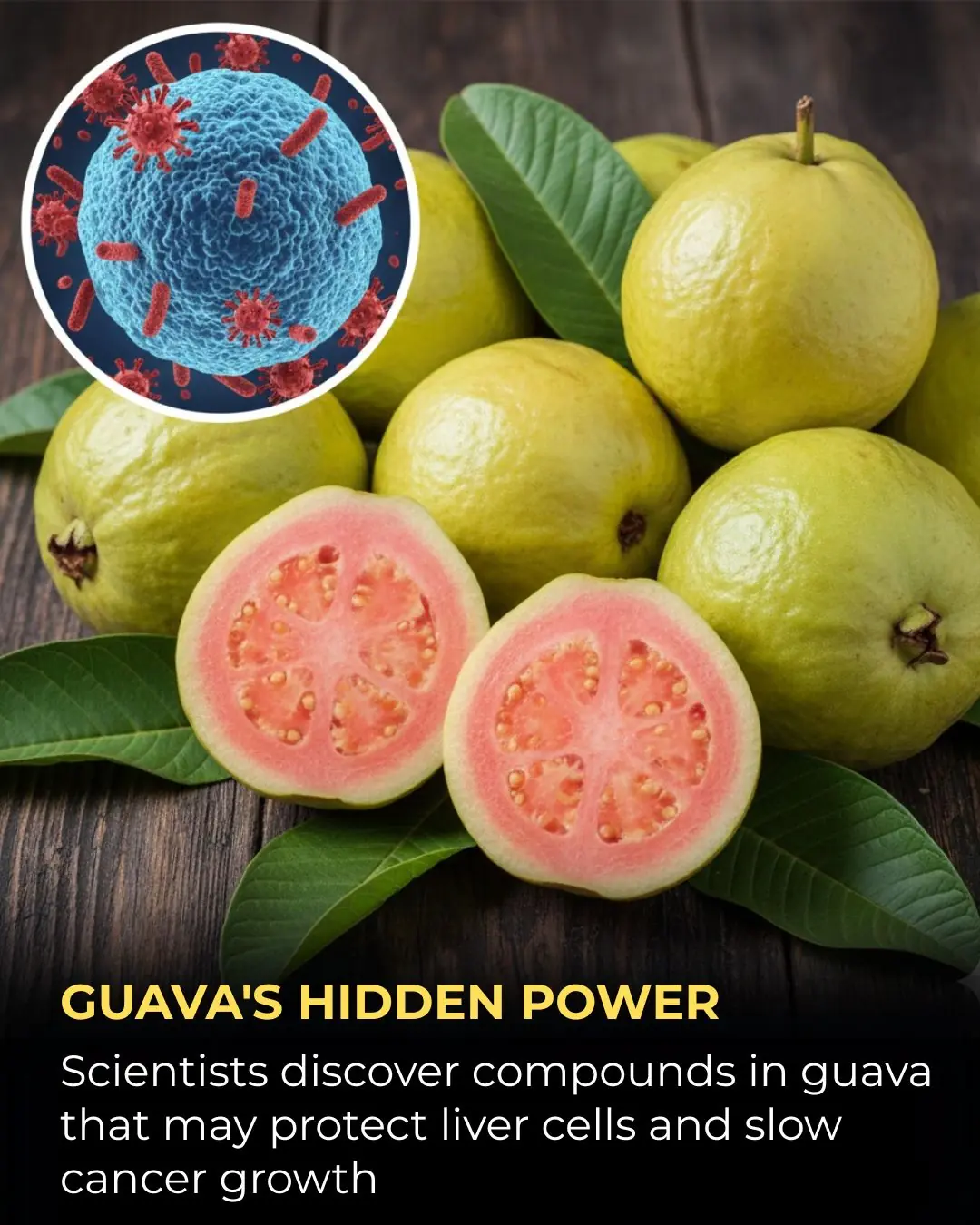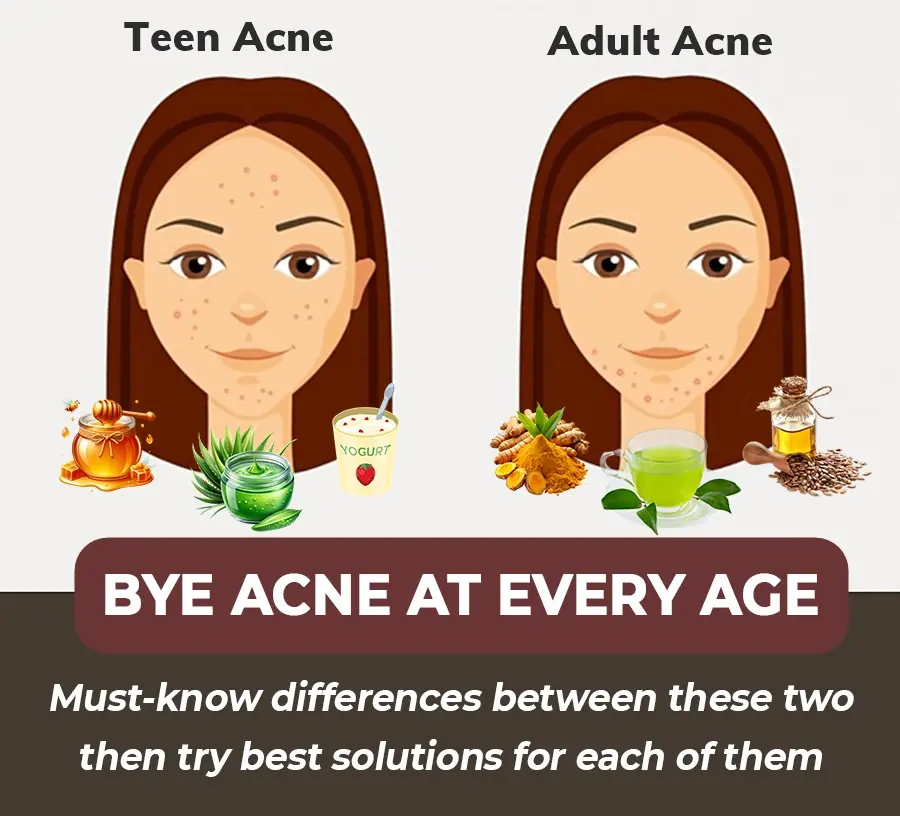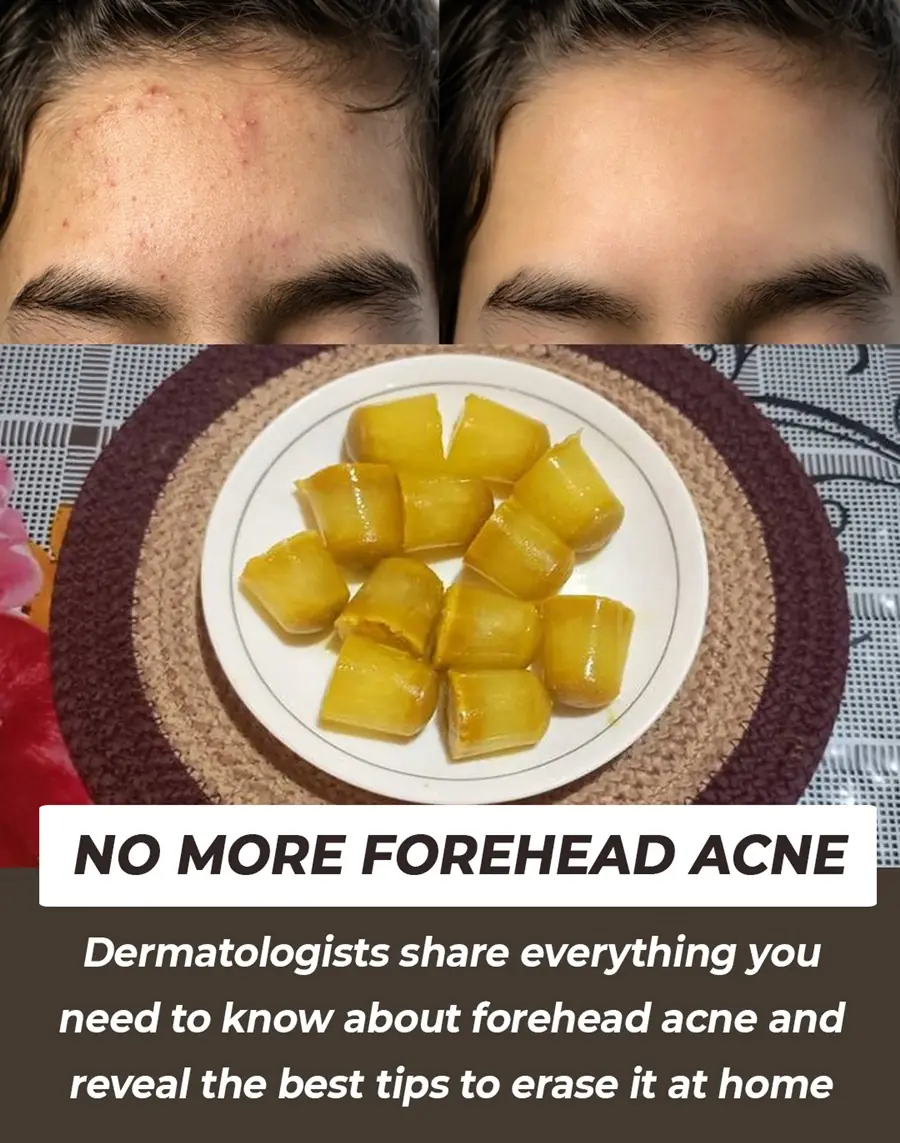
Unlocking Nature’s Medicine: How Fermented Stevia Could Transform Future Cancer Treatment
Rewritten & Expanded Article (≈1 A4 Page)
Fermented stevia may soon be doing far more than adding sweetness to your tea—according to emerging research, it could one day play a role in saving lives. Scientists exploring the medicinal potential of natural plant compounds have made a surprising discovery: when stevia undergoes fermentation under carefully controlled conditions, it produces new bioactive molecules that show strong anti-cancer properties in laboratory studies.
What makes this finding especially intriguing is the selectivity of these compounds. In early experiments, the fermented stevia molecules were able to damage or destroy cancer cells while leaving healthy cells largely unharmed—a striking contrast to traditional cancer treatments such as chemotherapy and radiation, which often harm rapidly dividing healthy tissues as well. Researchers consider this selective effect one of the most promising aspects of the discovery.
The scientific teams involved in the study focused on how these fermentation-derived molecules interfere with tumor biology. Preliminary evidence suggests that the compounds may disrupt the energy-production pathways used by cancer cells, essentially cutting off the fuel that tumors require to grow and spread. As a result, affected cancer cells undergo apoptosis—a programmed form of cell death—while nearby non-cancerous cells remain intact. According to the researchers, this targeted mechanism could potentially reduce the severe side effects associated with many current treatment options.
In laboratory models, fermented stevia extracts demonstrated significant reductions in cancer cell growth across several tumor types, including some known to be resistant to existing therapies. This is especially important because drug resistance remains one of the major challenges in modern oncology, as noted by the National Cancer Institute (NCI). If future studies confirm that stevia-derived compounds can overcome resistance pathways, they may represent a valuable addition to the cancer-treatment toolbox.
This line of research contributes to a broader trend in oncology: the search for clinically meaningful compounds hidden within natural sources. Stevia, already well known for its antioxidant and anti-inflammatory characteristics, is increasingly being examined as a potential contributor to plant-based therapeutic strategies. Several scientific publications—including articles in Phytochemistry, the Journal of Natural Products, and Frontiers in Oncology—have documented the anti-tumor potential of plant-derived secondary metabolites, reinforcing the idea that nature still contains vast untapped medicinal resources.
While the early results are encouraging, experts emphasize that the findings are still in the preclinical stage. Thorough animal studies and rigorous human trials will be required before any fermented-stevia-based therapy can be recommended for real-world medical use. Organizations such as the American Cancer Society (ACS) and the World Health Organization (WHO) continue to stress that natural compounds must undergo the same strict safety and efficacy testing as synthetic drugs.
Nevertheless, researchers remain cautiously optimistic. If future testing validates the lab results, fermented stevia could be used as a complementary treatment or potentially stand alone as a novel therapeutic option. Its plant-based origin and apparent cellular precision suggest a treatment that may be both effective and less toxic—something long sought after in cancer medicine.
For now, the idea that a familiar sweetening plant might one day contribute to the fight against cancer serves as a powerful reminder: even everyday ingredients may hold extraordinary scientific potential, waiting to be uncovered.
News in the same category


A Simple Superfood That Enhances Your Baby's Brain Development During Pregnancy

Nature’s Defense: How Guava May Support Liver Health and Fight Cancer Cells

The Powerful Role of Eggs in Supporting Early Memory and Learning in Babies

📱 The End of Wallet Clutter: Apple’s Digital ID Revolutionizes Identity Verification and Travel

Lighting the World Without Batteries: A Teen’s Breakthrough in Thermoelectric Innovation

Judy Faulkner: The Billionaire Tech Entrepreneur Pledging 99% of Her Fortune to Philanthropy

🤝 The Collaborative AI Future: OpenAI Launches WhatsApp-Like Group Chats in ChatGPT

True Devotion in Fatherhood: The Power of Showing Up, No Matter the Circumstances

🇯🇵 Innovation with Compassion: Japan's Heated Benches Offer a Practical Solution to Protect the Homeless

🔦 Stepping into the Upside Down: How Netflix is Revolutionizing Fan Engagement with Immersive Stranger Things Experiences in London

Historic Transcontinental Robotic Surgery: Doctor in Rome Performs Live Surgery on Patient in Beijing

🧠 The Nocturnal Rinsing Cycle: Deep Sleep, CSF Dynamics, and the Fight Against Alzheimer's

When Convenience Becomes a Crisis: The Global Impact of Ultra-Processed Foods

🌊 A Paradigm Shift in Urology: Non-Invasive Shock Wave Lithotripsy Revolutionizes Kidney Stone Treatment

Targeting a Hidden Brainstem Circuit: New Breakthrough Reverses Core Autism Symptoms in Lab Models

AI Models Ignoring Human Shutdown Commands: A Growing Concern for Safety and Control

Portuguese Mother Discovers Her Twin Boys Have Different Fathers in Rare Case of Heteropaternal Superfecundation

Revolutionary Magnetic Microrobots Could Transform Stroke Treatment with Targeted Therapy
News Post

Unlock Radiant Skin: The Ultimate Guide to Using Beetroot Gel for Glowing, Spotless Skin

Fenugreek Seeds for Hair Growth: The Power of Fenugreek Hair Rinse and Its Benefits for Hair

Japanese Milk Wax To Get Rid Of Unwanted Facial Hair

When Will I Outgrow My Acne? The Difference Between Adult and Teen Acne

5 Mascara Tips For Short Lashes

LEVEL UP YOUR LASH GAME: Top 5 Tips for Eyelash Extension Success!

Forehead Acne and What to Do About It

11 Common Eyebrow Mistakes Women Make in Their 60s (And How to Fix Them!)

How to Prevent and Treat Age Spots: Expert Tips for Radiant Skin

5 Ways Your Skin Changes as You Age and How to Keep It Vibrant

DIY Fenugreek Oil for Hair Growth – Get Thick Hair

Brow Boosting Serum: The Natural Way to Achieve Full, Thick Eyebrows

Why You Should Be Putting Salt in Your Toilet

Why Some Children Don’t Visit Their Parents Often

DIY Vaseline Cream: The 4-Ingredient Glow Hack That Makes Your Skin Baby-Soft Overnight

DIY Fenugreek Hair Masks for Hair Growth & Reducing Hair Fall

Will Americans Receive $2,000 Stimulus Checks? What You Need to Know

Revolutionary Miniature Implant Offers New Hope for Restoring Vision in Macular Degeneration Patients

A Simple Superfood That Enhances Your Baby's Brain Development During Pregnancy
